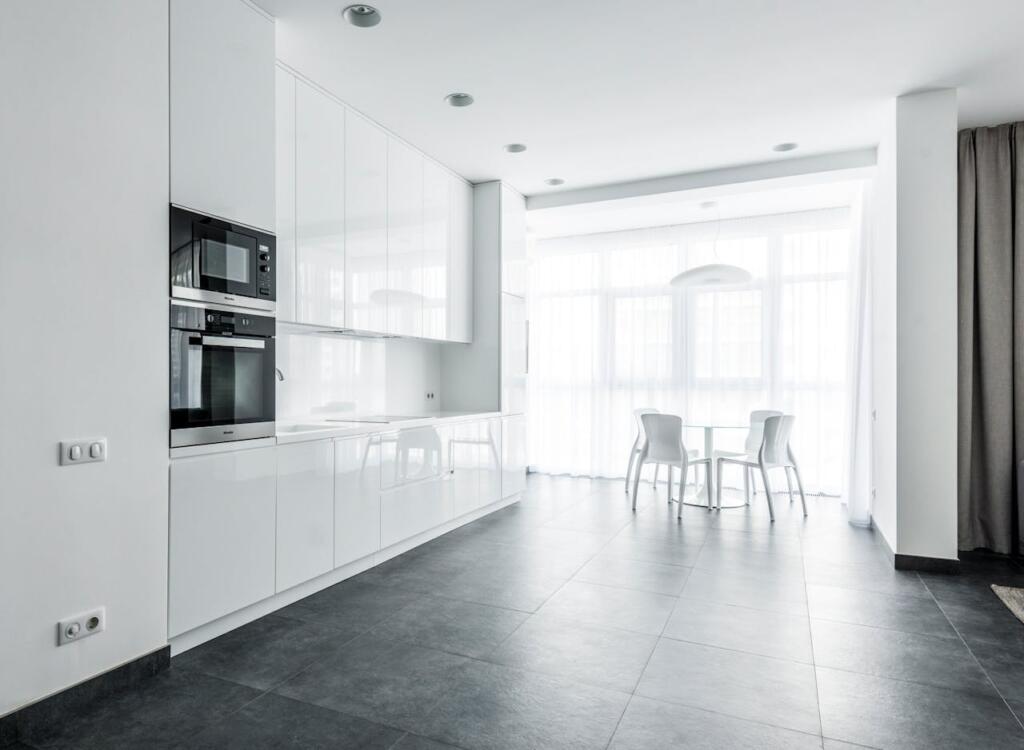As existing home prices continue to soar, more people are starting to see the appeal of living in a tiny house. With the downsizing trend gaining ground in different parts of the world, some retailers have decided to take advantage and are now selling tiny homes online. Home Depot recently told USA Today that they’re currently selling more than 30 kinds of tiny homes on their online platform. Meanwhile, Amazon has also started selling tiny homes, which includes a 19 feet by 20 feet model that retails for around $17,000.
Indeed, their affordability has made tiny homes a potential solution to the global housing problem. But apart from being reasonably priced, tiny homes also offer multiple benefits to our environment and overall wellbeing. Here’s what you need to know about the psychology of tiny living, and why you should consider this minimalist lifestyle.
Reduces Financial Stress and Anxiety
Owning or renting a place comes with a ton of responsibilities. You’ve got to keep it looking good and functioning well, which can take time and effort. Plus, let’s not forget those utility bills that keep piling up. With prices skyrocketing and household costs rising, many of us feel the pinch, and it can lead to some serious financial stress. In fact, a recent survey found that about 65% of US adults worry about everyday expenses, and it’s hurting their mental health.
One of the best ways to ease that financial strain is by downsizing to a smaller home. Tiny houses are often energy efficient since there’s just less space to heat or cool. This can really help you save on heating bills, especially if you like to keep the place cozy. Also, a smaller home usually means lower insurance costs and property taxes because those expenses are tied to your home’s value. You’ll definitely pay a lot less for insurance on a tiny home that costs about $25,000 compared to a hefty $300,000 house. And there’s one more perk: less housework. With a smaller space, you can embrace green cleaning more easily. Fewer nooks and crannies and less stuff mean you spend less time cleaning with harsh chemicals, which can do marvels for your health.
Living a Simple Life by Having Limited Choices
Modern living has given us the perk of having so many choices. Nowadays, you can have as many clothes, books, food items, cosmetics, or anything else that your heart desires. But accumulating so much stuff means having to constantly organize, make room for them, and make decisions on which items to use or consume. Think about it– if you’ve got a lot of stuff in your home, you probably spend so much time choosing which outfit to wear, what snacks to eat, or what hobby to engage in. Having different options to choose from can be fun, but at some point, you may get tired of them to the point that you’ll start wondering why you bought them in the first place.
This won’t be a problem if you live in a tiny house. Since you have to pare down your belongings to fit in a limited space, you’re left with the items that are truly important to you. Everything from what to eat, what to wear, and what to use becomes simplified. You also spend less time creating and maintaining storage for your belongings, and finding missing items becomes easier since there’s less stuff to keep track of. What’s more, knowing that you’re living in a physically small space prevents you from buying too many things which helps to reduce waste at home.
Personal Growth and Increased Happiness
Most people think that having a big house can improve their happiness and sense of fulfillment. While you may feel a sense of accomplishment and pride at being able to afford a large property, it doesn’t always mean that you’ll feel happy living in a big place. As mentioned earlier, the pressure to exert effort and have enough money to keep your home in good working order can be stressful. You can also miss out on family time since everyone is spread out to all the existing corners of your house.
Studies show that not having to focus on the hassles of dealing with multiple rooms in a big home can make people happier. According to research, those who embraced minimalism by having fewer things in a smaller home felt that they were able to thrive by living simply. The study also shows that this way of life can help to alleviate negative emotions, such as depression.
Living in a tiny home can be the key to improved mental wellbeing. Do your research to see if tiny home living is right for you and your family. Once you make the leap, commit to this minimalist way of living to experience the environmental and mental health benefits of living in a smaller space.
